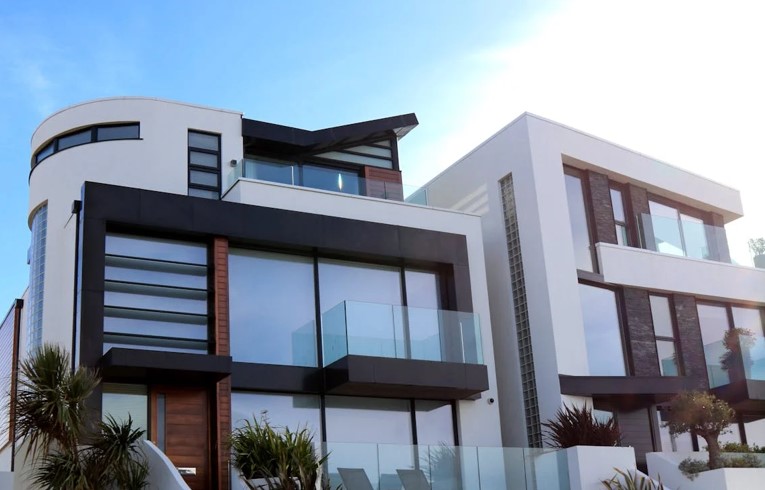Buying a holiday home can be a dream come true, offering a personal retreat and potential investment benefits. However, before making this significant commitment, it's essential to weigh several factors to ensure the property meets your needs and expectations. Here's what you need to consider before purchasing a holiday home.
1. Location, Location, Location
When selecting a holiday home, location is key. Think about the climate, proximity to amenities, and accessibility. Do you want a beachside escape, a mountain retreat, or a city getaway? Consider how close the property is to essential services, such as grocery stores, medical facilities, and recreational activities. For location, click here and explore the ideal spots for your holiday home. Also, factor in how easy it will be to travel to and from the location throughout the year.
2. Budget and Financing
Establishing a budget is crucial. Determine how much you can afford to spend on the property, including not just the purchase price but also ongoing costs like maintenance, property taxes, and insurance. Explore financing options and get pre-approved for a mortgage if needed. Make sure you account for any additional costs that may arise, such as renovation or furnishing expenses.
- Evaluate Total Costs: Beyond the purchase price, calculate all associated costs, including closing costs, legal fees, and potential property management fees. Consider the ongoing expenses like utility bills, HOA fees, and regular maintenance, which can add up over time. Having a comprehensive understanding of these costs ensures that you won't be caught off guard by unexpected financial burdens.
- Secure Financing: Research various financing options and get pre-approved for a mortgage if you need one. Compare interest rates, loan terms, and repayment options to find the best deal for your financial situation. Be aware of the down payment requirements and ensure that you have sufficient funds set aside to cover this and other upfront costs.
- Plan for Additional Expenses: Budget for any additional expenses that may arise, such as property renovations or upgrades to make the home suitable for your needs. Factor in costs for furnishing the property if it’s not already equipped. It’s wise to set aside a contingency fund for unexpected repairs or emergencies that could occur.
- Assess Investment Potential: If you plan to rent out the property, consider its potential return on investment. Calculate the expected rental income and compare it with the costs of owning and maintaining the home. This will help you determine if the property is financially viable as both a personal retreat and an investment.
3. Rental Potential
If you're considering renting out your holiday home when you're not using it, research the rental market in the area. Look into local regulations regarding short-term rentals and calculate potential rental income. Evaluate the demand for holiday rentals and compare it with your property's features to ensure it will attract renters.
4. Maintenance and Upkeep
Owning a second home means you'll need to manage its maintenance and upkeep. Decide whether you'll handle this yourself or hire a property management company. Consider the cost of regular maintenance, including landscaping, cleaning, and repairs. If the property is in a remote location, factor in the availability and cost of service providers.
- Regular Inspections: Conducting regular inspections is crucial to identify and address potential issues early. This includes checking for leaks, wear and tear, and any damage caused by weather conditions. Regular inspections help prevent small problems from escalating into costly repairs and ensure the property remains in good condition.
- Seasonal Maintenance: Different seasons can bring various maintenance needs. For example, winter may require snow removal and heating system checks, while summer might need pest control and air conditioning servicing. Plan and budget for seasonal maintenance tasks to keep the property functioning well throughout the year.
5. Legal and Regulatory Issues
Before purchasing, familiarize yourself with local laws and regulations that may affect your property. This includes zoning laws, property taxes, and any restrictions on property use. Ensure you understand the legal aspects of owning a holiday home in the area, including any homeowners' association rules if applicable.
6. Long-Term Value
Consider the long-term value of the property. Research the real estate market trends in the area and evaluate whether the property is likely to appreciate. Look into future developments or changes in the area that might impact property values. A holiday home should be a sound investment, not just a personal retreat.
7. Personal Use and Accessibility
Think about how often you'll use the holiday home and whether it suits your lifestyle needs. Evaluate the property’s size, layout, and amenities to ensure it meets your expectations. Consider the ease of access, especially if you plan to visit frequently. Ensure the property can comfortably accommodate your family and guests.
Purchasing a holiday home is an exciting opportunity but requires careful consideration. By evaluating location, budget, rental potential, maintenance, legal issues, long-term value, and personal use, you can make an informed decision and find a property that fulfills your dreams and serves as a wise investment. Take the time to thoroughly assess these factors to ensure your holiday home meets your needs now and in the future.










